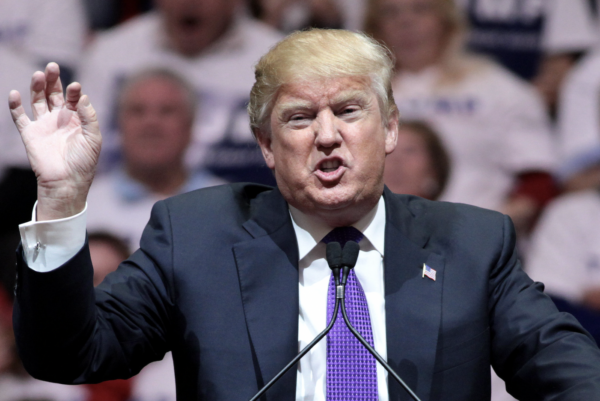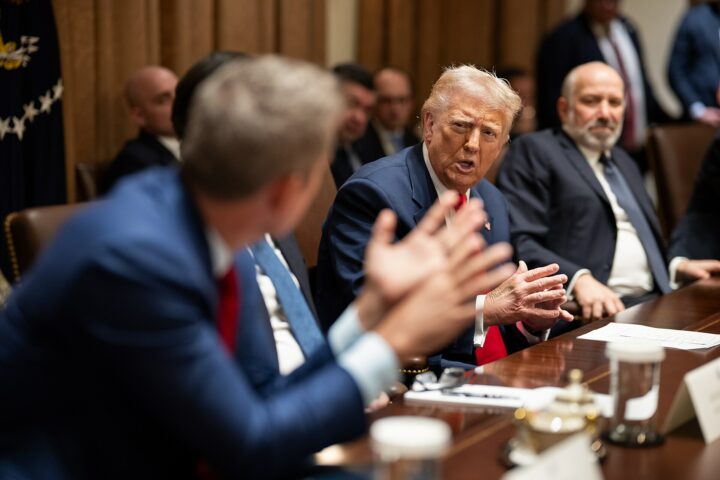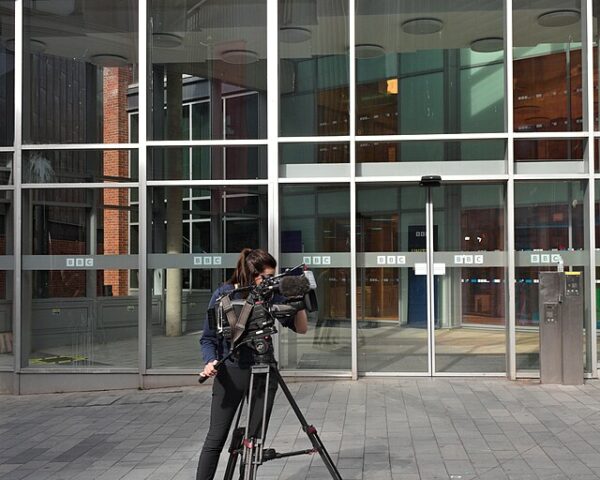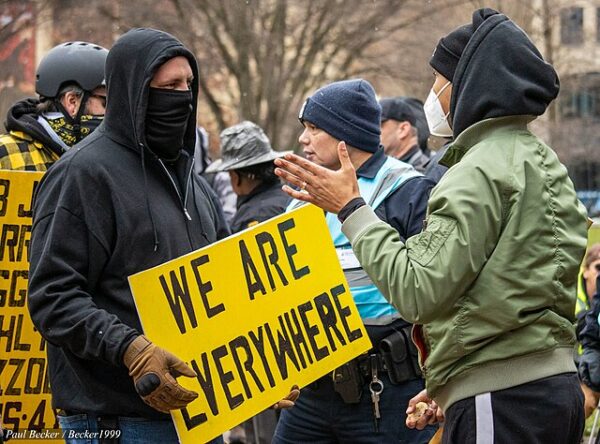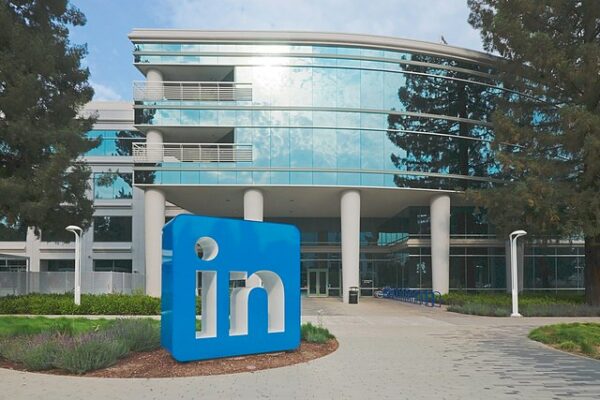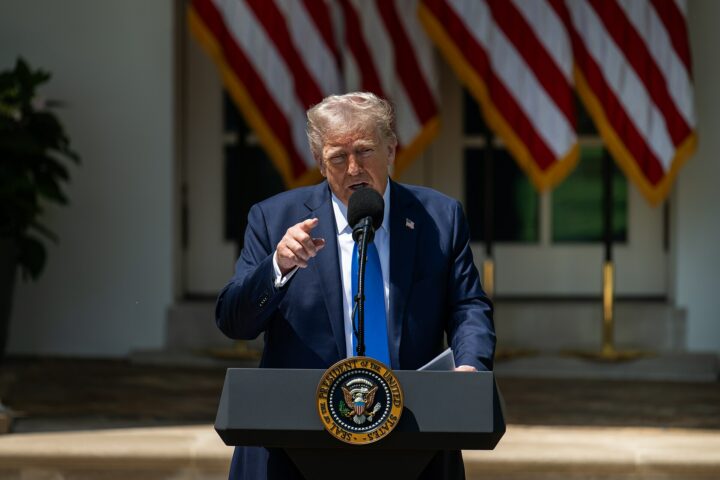President Donald Trump is once again wielding tariffs—this time threatening Apple and Mattel in a bid to pressure major U.S. companies into reshoring manufacturing and falling in line with his economic agenda. Trump’s latest salvo: a 25% tariff on imported iPhones and a potential 100% tariff on foreign-made toys, following public comments by both companies’ CEOs that contradicted his “America First” narrative.
Trump’s frustration with Apple CEO Tim Cook boiled over after Cook revealed plans to shift iPhone production for the U.S. market from China to India. In response, Trump took to Truth Social to demand that Apple build its phones in the United States.
CNN writes that even without this week’s court decision, Trump would have had problems putting in place tariffs that target a specific company, said Lizbeth Levinson, a trade attorney at the law firm Fox Rothschild.
“He doesn’t have the constitutional power to name names. It has to be a whole class of products, equally against everyone in industry,” she said. “But Trump’s modus operandi has always been to take the action and worry about reality later.”
But trade experts say the point of the threat is not to impose a new 25% tariffs on smartphones, which would raise costs for the companies and ultimately consumers. It’s to get the companies to give Trump something else that he wants, like the promise of future US investment or agreeing not to publicly attribute price hikes to tariffs.
“The president is obviously pretty upset with Apple and Tim Cook,” said Clark Packard, research fellow at the Cato Institute in an interview with CNN. “(But) I don’t envision a specific action against Apple. The American public would be outraged if their iPhones… became substantially more expensive, right? So he risks hurting a lot of everyday American who are also voters.”
Mattel became Trump’s next target after CEO Ynon Kreiz warned that tariffs could drive up toy prices and that shifting production stateside would be financially unworkable. Trump responded with a threat to impose a 100% tariff on imported Mattel toys—going so far as to claim it would effectively lock the company out of its biggest market, reported The New York Times. Unlike the broader smartphone proposal, however, Trump offered no clarification on whether the tariff would apply industry-wide or exclusively to Mattel, and there’s been no follow-up from the White House.
These threats arrive at a moment of heightened legal scrutiny. On Wednesday, the U.S. Court of International Trade questioned the legality of presidents unilaterally imposing tariffs. Although a temporary stay was issued by the Court of Appeals the following day, the challenge underscores the fragility of Trump’s tariff authority. Analysts note he may invoke Section 232 of trade law—reserving tariffs for national security concerns—to justify taxing smartphones, especially since his administration has launched investigations into Chinese-made computer chips. But applying that rationale to Barbie dolls would be far more tenuous.
Neither Apple nor Mattel commented on the developments, and the White House has yet to issue a formal statement. For now, Trump’s tariff threats remain headline fodder, with their legal durability—and actual economic consequences—still very much in doubt.

